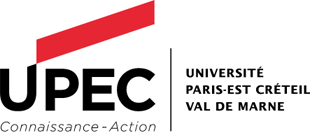The purpose of this conference is to explore the links between politics and poetics, the impossibility of considering one without taking the other into account. Aligning the political dimension of a work of art with the author’s political commitment or the point of view expressed or put forward in his/her work can only provide a very partial approach to the issue. If there is such a thing as “a politics of literature”, one should perhaps locate it with Jacques Rancière in
“the fundamental link between politics as a specific form of collective practice and literature as an established practice of the art of writing.” As suspected by Plato, however, who went as far as to advocate banishing poets from his ideal city-state, it is perhaps aesthetics – as opposed to subject matter – which is at the heart of the relationship between politics and literature, thus adding to the politics of form the question of its ethics.
Such intricate links between ideology and aesthetics, or, to put it differently, the ethical relation of form to content, may call for an approach to poïesis, the way a writer fashions his/her material into a text, not as of secondary importance with respect to the political impact of a literary work but as the very place where such political thinking finds its full expression.
> Télécharger le programme♦ Organisation-
Éric Athenot est professeur de littérature américaine à l'Université Paris-Est Créteil et membre d'IMAGER.
-
Laure de Nervaux-Gavoty est maître de conférences en anglais à l'Université Paris-Est Créteil et membre d'IMAGER.

